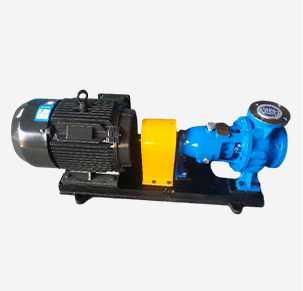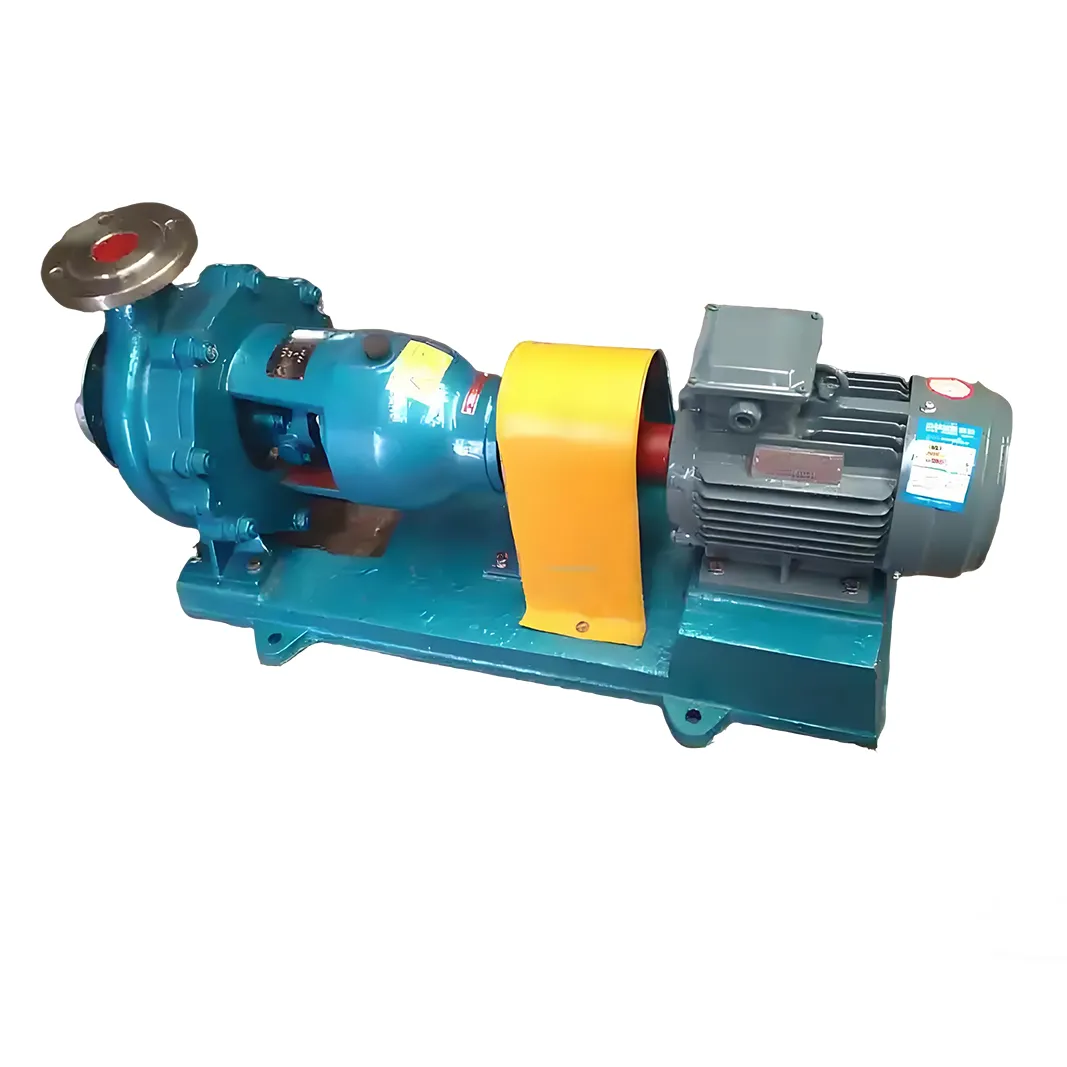TEL:
+86 13120555503
Czech
- Afrikaans
- Albanian
- Amharic
- Arabic
- Armenian
- Azerbaijani
- Basque
- Belarusian
- Bengali
- Bosnian
- Bulgarian
- Catalan
- Cebuano
- Corsican
- Croatian
- Czech
- Danish
- Dutch
- English
- Esperanto
- Estonian
- Finnish
- French
- Frisian
- Galician
- Georgian
- German
- Greek
- Gujarati
- Haitian Creole
- hausa
- hawaiian
- Hebrew
- Hindi
- Miao
- Hungarian
- Icelandic
- igbo
- Indonesian
- irish
- Italian
- Japanese
- Javanese
- Kannada
- kazakh
- Khmer
- Rwandese
- Korean
- Kurdish
- Kyrgyz
- Lao
- Latin
- Latvian
- Lithuanian
- Luxembourgish
- Macedonian
- Malgashi
- Malay
- Malayalam
- Maltese
- Maori
- Marathi
- Mongolian
- Myanmar
- Nepali
- Norwegian
- Norwegian
- Occitan
- Pashto
- Persian
- Polish
- Portuguese
- Punjabi
- Romanian
- Russian
- Samoan
- Scottish Gaelic
- Serbian
- Sesotho
- Shona
- Sindhi
- Sinhala
- Slovak
- Slovenian
- Somali
- Spanish
- Sundanese
- Swahili
- Swedish
- Tagalog
- Tajik
- Tamil
- Tatar
- Telugu
- Thai
- Turkish
- Turkmen
- Ukrainian
- Urdu
- Uighur
- Uzbek
- Vietnamese
- Welsh
- Bantu
- Yiddish
- Yoruba
- Zulu
Telephone: +86 13120555503
Email: frank@cypump.com
Čvc . 28, 2025 14:01 Back to list
High-Performance Chemical Pumps for Sale – Industrial & Injection Solutions
Keyword Focus: Chemical pumps, chemical pumps for sale, industrial chemical pumps, advantage chemical pumps, chemical injection pump.
Last updated: June 2024 | Author: Industry Process Expert
Last updated: June 2024 | Author: Industry Process Expert
Industry Overview and Latest Trends in Chemical Pumps
The global chemical pumps market is experiencing robust growth, driven by stringent environmental standards, advancements in corrosion-resistant materials, and rising demand across chemical, petrochemical, water treatment, and metallurgy industries.
- According to MarketsandMarkets, the chemical pumps market surpassed $4.2 billion in 2023, projecting a CAGR of 6.3% through 2028.
- Recent breakthroughs in stainless steel alloys, enhanced CFD impeller design, and compliance with ISO 5199 and ANSI B73.1/B73.2 have bolstered reliability and efficiency.
- Industries increasingly select industrial chemical pumps with proven energy savings, automatic monitoring, and extended service intervals.

Cutting-edge chemical pumps on a high-precision industrial production line.
Key Technical Parameters: Chemical Pumps at a Glance
| Type | Flow Rate (m³/h) | Max Head (m) | Material | Max Temp (°C) | Sealing Type | Efficiency (%) | Certification |
|---|---|---|---|---|---|---|---|
| IH Stainless Steel Chemical Pump | 3.2 ~ 400 | 5 ~ 132 | SS304, SS316, Duplex | -20 ~ 150 | Single, Double (ISO) | 52~81% | ISO 5199/ANSI |
| Magnetic Drive Pump | 0.5 ~ 160 | 10 ~ 90 | PP, PVDF, SS316 | -40 ~ 120 | No Seal (Mag-Drive) | 48~74% | ISO 2858 |
| Chemical Injection Pump | 0.02 ~ 2.8 | 60 ~ 300 | SS316, Hastelloy | -20 ~ 120 | Diaphragm, Plunger | 41~68% | API 675 |
| PTFE Lined Process Pump | 1.5 ~ 260 | 12 ~ 80 | PTFE, FEP | -20 ~ 100 | PTFE Bellows | 40~63% | ISO 5199 |
Technological Evolution: Visualizing Chemical Pump Performance
In-Depth: IH Stainless Steel Chemical Pump Flagship Product
IH Stainless Steel Chemical Pump stands as a benchmark among industrial chemical pumps, engineered for superior reliability, efficiency, and corrosion resistance.
- Built in strict accordance with ISO 5199 and ANSI B73.1 standards.
- Employs cast or forged SS304, SS316, and Duplex Stainless Steel for ultimate chemical resistance.
- High-efficiency hydraulic design, with precision CNC impeller and casing machining to ±0.015mm tolerance.
- Extensively tested for NPSHr (Net Positive Suction Head Required), vibration, noise (EN ISO 9906) and lifetime endurance, ensuring service life of up to 24,000+ operating hours.
Product Specifications — IH Stainless Steel Chemical Pump
| Flow Range | 3.2 – 400 m³/h |
| Head Range | 5 – 132 m |
| Working Temp | -20°C … +150°C |
| Max Pressure | 1.6 MPa |
| Material | SS304 / SS316 / Duplex SS |
| Seal Type | Mechanical (single/double) per ISO 3069 |
| Impeller Technology | Closed, open, semi-open (CNC milled) |
| Certifications | CE, ISO 5199, Reach |
Key Advantages
- Outstanding energy efficiency (up to 81%)
- Comprehensive chemical resistance (acids, alkalis, brines)
- Low vibration & noise ≤58dB (per EN ISO 9906)
- Extended mechanical seal life—up to 36 months
- Adaptable to VFD and IoT monitoring
- Ease of maintenance: back-pullout design
Applicable Industries & Media
- Chemical Engineering & Fine Chemistry
- Petrochemical Refineries
- Metallurgy, Mining
- Pharmaceuticals
- Desalination & Water Treatment
- Pulp & Paper, Food Facilities
Manufacturing Process: How Are Chemical Pumps Built?
The creation of high-performance chemical pumps such as the IH Stainless Steel series involves complex, tightly controlled processes, integrating advanced metallurgy, machining, and rigorous quality protocols. Below is an illustrated process flow:
Material Inspection
(Spectrometry, SQC)
(Spectrometry, SQC)
Precision Casting/Forging
CNC Machining
(±0.015mm)
(±0.015mm)
Component Assembly
Hydraulic Testing
(ISO/ANSI)
(ISO/ANSI)
Final Inspection & Painting
Each step is executed by qualified engineers using advanced NDT, CMM metrology, and static/dynamic balancing systems. The final product meets or exceeds ISO 5199, ANSI B73.1 and leading industry benchmarks. Learn more about chemical pumps manufacturing.

Assembly & hydraulic testing of industrial chemical pumps (per ISO 9906 Grade 2B).
Product Comparison — IH Stainless Steel vs Other Chemical Pumps
| Feature | IH SS Chemical Pump | Magnetic Drive Pump | PTFE-Lined Pump | Chemical Injection Pump |
|---|---|---|---|---|
| Max Design Pressure | 1.6 MPa | 1.0 MPa | 0.6 MPa | 1.2 MPa |
| Service Life | 6–10 years | 4–6 years | 3–5 years | ~4 years |
| Max Fluid Temp | 150°C | 120°C | 100°C | 120°C |
| Chemical Resistance | Acids/Alkalis/Brines | Organic & inorganic acid | Strong acid/solvents | Corrosive Dosing Fluids |
| Sealing Solution | Mechanical (ISO) | Sealless (MagDrive) | PTFE Bellows | Diaphragm/Plunger |
| Compliance | ISO 5199, ANSI | ISO 2858 | ISO 5199 | API 675 |
| Best Scenarios | Multipurpose Industry Flows | Toxic, Leak-Free Duty | Extreme Corrosive Media | Precise Dosing/Injection |
Application Scenarios: From Chemicals to Water Treatment
Chemical pumps must deliver precision, reliability, and media compatibility. Below are real-world scenarios where IH Stainless Steel Chemical Pumps excel:
- Chemical Plant Transfer: Circulation of sulfuric acid, nitric acid, or sodium hydroxide at flow rates up to 350 m³/h, demonstrating corrosion resistance and long mean-time-between-failure (MTBF).
- Petrochemical Refineries: Handling aromatic hydrocarbons and brine with stringent ATEX requirements.
- Desalination & Waterworks: Brine and RO concentrate transfer at 90–110°C—pump internals resist scaling & crystallization.
- Metallurgical Processing: Acid/alkali leaching, nickel/copper sulfate handling, up to 160 meters head.
- Food & Pharmaceutical: Processes benefit from the contamination-resistant, sanitary design—fully compliant with FDA and GMP directives.
- Industrial Dosing: Chemical injection pump modules for additive dosing, pH adjustment, or chlorination in municipal wastewater.

Chemical injection pump modules deployed in petrochemical and refinery automation.
Case Studies: Success with Chemical Pumps
IH Stainless Steel Chemical Pumps have been deployed in over 32 countries, trusted by leading enterprises. Real client examples:
- PetroChina Sichuan Branch: Upgraded alkali handling, reducing energy costs by 14% and maintenance by 27%*
- Yunnan Metallurgy (Copper Smelting): SS316 pumps transferred sulfuric acid reliably—MTBF increased from 14 to 28 months
- Taiwan Water Supply Co.: Replaced legacy cast iron with IH SS—eliminated pipeline corrosion complaints, boosting piping lifespan
- Global Adhesives Corp: FDA-compliant chemical pumps achieved zero contamination in PLC-controlled blending lines
Certifications & Industry Recognition


The IH Stainless Steel series conforms to ISO 5199, ANSI B73.1/B73.2, and is widely approved for OEM projects by Sinopec, BASF, SABIC, and major international engineering consultants.
Customer Support, Warranty & Delivery
- Standard Delivery: 15–25 business days (with rapid order confirmation for critical projects)
- Warranty: 18 months from shipment, or 12 months from start-up (whichever comes first), full coverage on core components
- Documentation: Complete with IOM manual, spare parts list, material traceability report, and factory test certificate
- 24/7 Support: Global hotline and certified engineers for on-site/remote troubleshooting
Request a Custom Chemical Pump Solution — No Obligations!
Contact our experts at https://www.cypump.com/ih-stainless-steel-chemical-pump.html for technical proposals, sizing advice, and project references. We offer free CFD analysis and professional consultation to help you maximize pump lifetime and process reliability.
FAQ: Expert Insights into Chemical Pumps & Terminology
-
Q1: What is the main difference between single and double mechanical seal chemical pumps?A: Single seals are economical and suitable for non-hazardous fluids; double seals provide superior leakage protection, critical for toxic or volatile media. Both follow ASTM F1511/ISO 3069 recommendations.
-
Q2: What does the Suction NPSHr specification mean?A: NPSHr (Net Positive Suction Head Required) indicates the minimum inlet pressure needed to prevent vaporization/cavitation. Lower NPSHr increases reliability, especially for advantage chemical pumps in high-temperature service.
-
Q3: Which materials maximize corrosion resistance for industrial chemical pumps?A: SS316L, Duplex Stainless Steel, and Hastelloy C276 offer best-in-class corrosion protection against aggressive acids and alkalis, validated by ASTM G48 and ISO corrosion test protocols.
-
Q4: How does chemical injection pump accuracy affect dosing processes?A: Modern chemical injection pumps maintain dosing accuracy of ±1.5% (API 675 Class 3). This ensures consistent product quality, minimal reagent waste, and process safety.
-
Q5: Can chemical pumps be supplied with ATEX certification?A: Yes. Chemical pumps for explosive atmospheres are supplied in compliance with ATEX Directive 2014/34/EU, including explosion-proof motors, grounding, and non-sparking components.
-
Q6: What maintenance interval is recommended for IH Stainless Steel Chemical Pumps?A: Preventive maintenance is typically scheduled every 7,500–10,000 running hours; core components are rated for 20,000+ operating hours subject to proper installation.
-
Q7: What installation standards govern piping for chemical pumps?A: Pipework and installation should comply with ASME B31.1/B31.3 and ISO 14692. Proper alignment and flexible couplings reduce vibration and prolong pump life.
References & Further Reading
- ISO 5199: Technical Specification for Centrifugal Pumps for Chemical Process, ISO
- Chemical Engineering Journal: Recent Advances in Corrosion-Resistant Materials, Elsevier
- Pump Industry Forum: "2024 Chemical Pumps Market Overview", Hydraulic Institute
- ANSI B73.1/B73.2 Standards, ANSI
- Industry Bulletin: Energy Savings with VFD-driven Chemical Pumps, Water Online
- Pump Magazine: "Field Reliability of IH Stainless Steel Pumps", Pump-Magazine.com
Share
Next:
This is the last article
Latest news
-
High-Performance Chemical Pumps for Sale – Industrial & Injection Solutions
NewsJul.28,2025
-
Large Industrial Sludge Slurry Pump Mining Wear-resistant Solutions
NewsJul.28,2025
-
High-Performance Septic Tank Pumps for Reliable Wastewater Management
NewsJul.26,2025
-
High Efficiency Horizontal Split Case Pump for Industrial Use
NewsJul.25,2025
-
Flue Gas Desulfurization Pump for Efficient Chemical Processing
NewsJul.24,2025
-
High-Efficiency Axial Flow Pump for Water Transfer & Irrigation
NewsJul.23,2025










